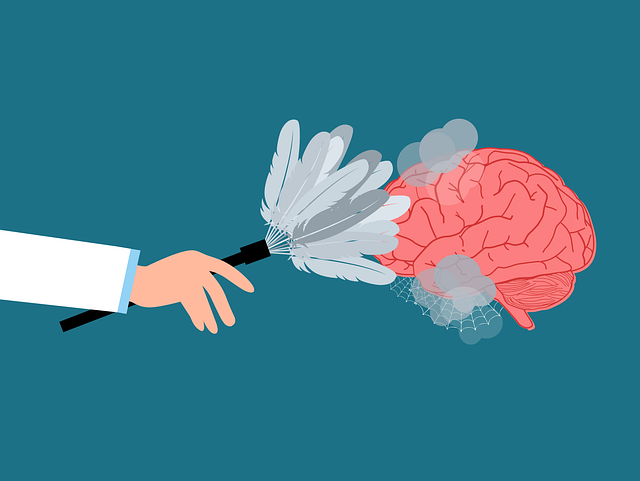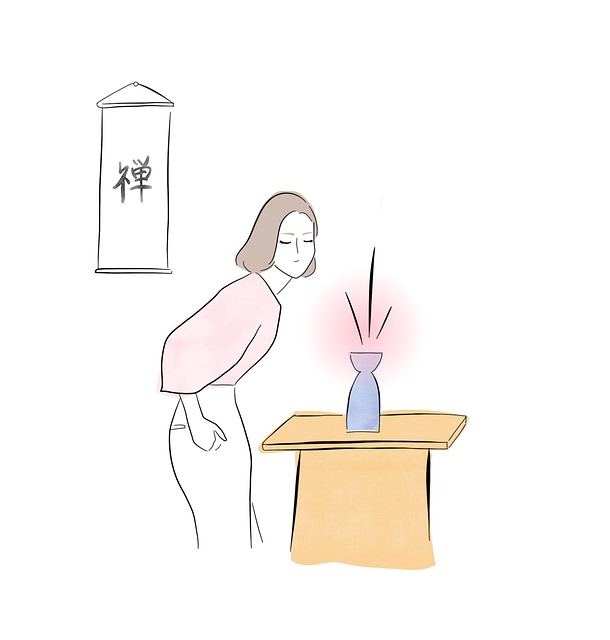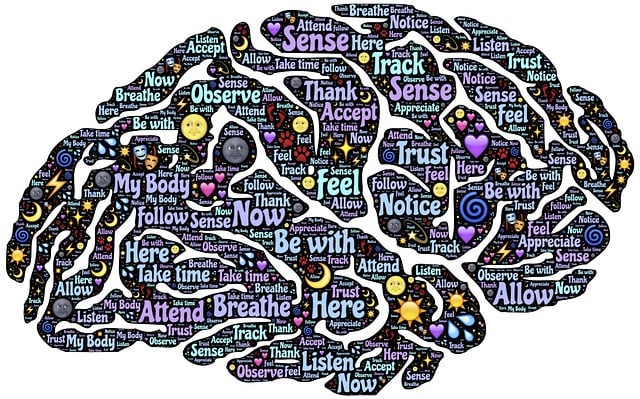Burnout among healthcare professionals is a growing concern due to high-stress environments and heavy patient loads, leading to emotional exhaustion, depersonalization, and decreased satisfaction. To combat this, implementing Superior Anger Management Therapy (SAMT) offers a structured approach to manage anger effectively, enhancing resilience and reducing mental health issues. In conjunction with relaxation activities, podcast series, and open communication, SAMT fosters self-awareness, improves patient care, boosts morale, and promotes a positive work environment. These strategies ultimately enable healthcare providers to deliver optimal care with sustained passion and dedication.
Healthcare provider burnout is a growing concern, impacting not just individuals but the entire healthcare system. This article explores effective strategies to prevent burnout among healthcare professionals. We delve into understanding the root causes, specifically focusing on anger management as a key preventive measure, alongside coping strategies and creating supportive work environments. By implementing these tactics, including Superior Anger Management Therapy, healthcare organizations can foster resilience and enhance provider well-being.
- Understanding Burnout Among Healthcare Providers
- The Role of Anger Management in Prevention
- Implementing Effective Coping Strategies
- Creating a Supportive Work Environment
Understanding Burnout Among Healthcare Providers

Burnout among healthcare providers is a growing concern, with high-stress work environments and heavy patient loads contributing to significant mental health challenges. This phenomenon often manifests as emotional exhaustion, depersonalization, and decreased personal accomplishment, impacting not only individuals but also patient care and the overall healthcare system. Understanding burnout is crucial in developing effective prevention strategies, as it allows for targeted interventions that can enhance resilience among healthcare professionals.
One key aspect to address is anger management, which often goes hand in hand with stress and burnout. Superior Anger Management Therapy offers evidence-based techniques to help providers process and manage intense emotions constructively. Alongside this, building resilience through self-awareness exercises and engaging in a Mental Wellness Podcast Series Production can foster a sense of balance and perspective. These strategies not only support mental wellness but also contribute to improved job satisfaction and a healthier work-life integration for healthcare providers.
The Role of Anger Management in Prevention

In the high-pressure environment of healthcare, burnout is a prevalent issue among providers. A significant aspect often overlooked in prevention strategies is anger management. Healthcare workers, due to their demanding roles and constant exposure to challenging situations, may develop unhealthy coping mechanisms, such as suppressing anger or reacting explosively. This can lead to increased stress levels and negatively impact both professional and personal relationships. Superior Anger Management Therapy (SAMT) offers a structured approach to address these issues, focusing on teaching individuals effective ways to recognize, process, and manage their anger.
By integrating SAMT into burnout prevention programs, healthcare providers can enhance their resilience building skills. Learning to control and channel their emotions constructively contributes to mental illness stigma reduction efforts, as it fosters self-awareness and understanding among colleagues. Furthermore, developing inner strength through anger management allows professionals to maintain a positive mindset, even in the face of stress and adversity. This not only benefits individual well-being but also ensures healthcare providers can deliver optimal patient care with sustained passion and dedication.
Implementing Effective Coping Strategies

Healthcare providers often face high-stress environments, leading to burnout if coping mechanisms aren’t in place. Implementing effective coping strategies is a proactive approach to maintaining mental wellness. This can involve engaging in activities that promote relaxation and stress reduction, such as mindfulness exercises, yoga, or even a Mental Wellness Podcast Series Production for continuous learning and support.
Superior Anger Management Therapy is another valuable tool that can help healthcare workers navigate challenging situations without succumbing to burnout. By improving their ability to manage anger constructively, providers can enhance their emotional resilience, leading to better patient care. Additionally, Community Outreach Program Implementation and Social Skills Training can foster a sense of belonging and improve interpersonal connections, both vital for overall well-being in high-pressure professions.
Creating a Supportive Work Environment

Creating a supportive work environment is a multifaceted strategy in healthcare to prevent provider burnout. This involves fostering a culture that prioritizes emotional well-being promotion techniques and encourages open communication. Healthcare facilities can implement various initiatives, such as regular staff meetings where concerns can be voiced and addressed, ensuring adequate resources for patient care, and providing access to trauma support services. A positive work environment boosts morale, enhances job satisfaction, and promotes resilience among healthcare providers.
Additionally, integrating confidence-boosting activities and programs can significantly contribute to burnout prevention. Superior Anger Management Therapy, for instance, equips healthcare providers with effective coping mechanisms to manage stress and frustration. By reducing interpersonal conflicts and enhancing emotional regulation, these therapeutic interventions create a more harmonious atmosphere, further enriching the work experience.
Healthcare provider burnout is a pressing issue, but by implementing evidence-based strategies, such as superior anger management therapy and effective coping mechanisms, organizations can foster a supportive work environment. Understanding burnout and addressing underlying anger issues are key to preventing employee exhaustion and enhancing job satisfaction. Creating a culture that prioritizes support and well-being is essential for retaining talented healthcare professionals and ensuring optimal patient care.














